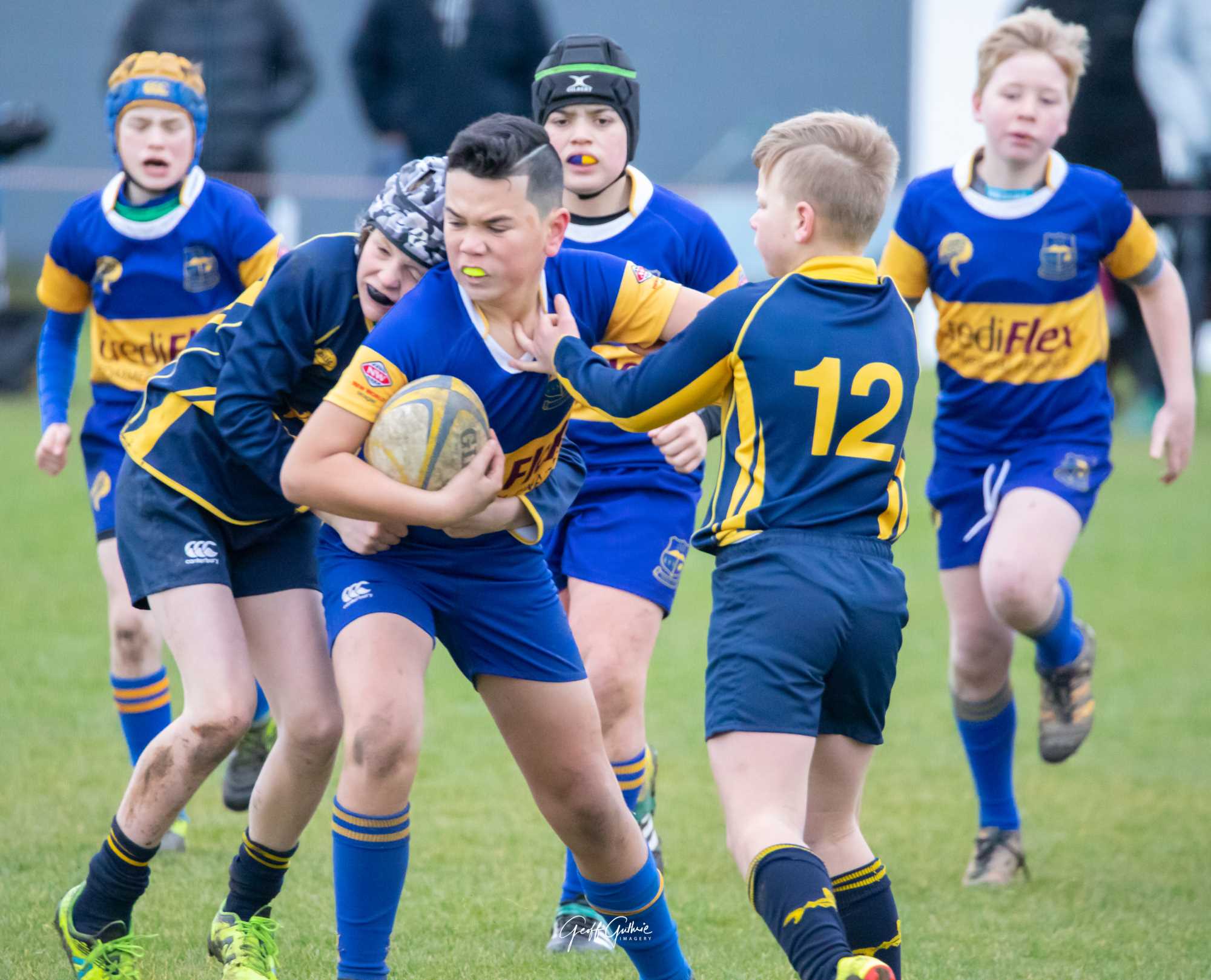
COACHES CORNER WITH AARON CALLAGHAN - IS MY 10 YEAR OLD TALENTED...

Is My Ten-Year-Old Talented? Yes? No? Maybe?
I think we would all agree the sporting environment has changed dramatically in the last twenty years.
An obvious shift in rugby is the advent of professional rugby, this was a seismic shift in the status quo.
When we change the system i.e. you get paid to play, we will see a change in behaviour.
When looking at global sports one of the concerning trends is the amount of pressure being placed on athletes at a young age.
For many, stories of the Williams sisters in tennis or Tiger Woods in golf have fuelled this belief that early specialisation in their chosen sport is the way to success. Football Academies in Europe will contract players as young as 8 or 9.
The sales pitch is easy… Money, fame and glory.
The potential cost or consequences of these performance environments at a young age is not so readily discussed. We are not there yet in rugby and personally I hope we never get there. But we can see a trend towards training load expectations getting younger and younger.
On more than one occasion I have been approached by a parent or coach and told to watch player A. “They’re going to play for Otago and the All Blacks” I hope that is the case but at ten years of age there is a lot of things that could happen between now and pulling on the mighty O.
High aspirations should always be supported. If the player wants to do extra training sessions and talk about how they can get better, awesome! If it is the coach or parent driving those things, then maybe we should chat.
Talent identification is a very complex beast. Some say it is a science some would say it is luck.
You just need to look at the millions of dollars spent in this space for American Football. The amount of data on college athletes is mind blowing. Every play analysed, multiple physical assessments, psyche testing you name it they do it. Even then the ratio of players that get contracted and end up having meaningful careers is minimal.
So many variables can influence the performance of a Small Black player giving the illusion of natural talent.
Differing cognitive and physical development is obvious. But what about things that are not so obvious that can influence perceived talent. Things like when the players birthday falls during the year relative to season cut of dates. Or a parent that spends time playing catch and pass, wrestling and serves as a tackling dummy. A sister or brother that also shares the love of rugby and is keen to practice.
As a coach we should also be mindful that some of our “talented players” strengths can become their weaknesses as they progress. The fast player that does not develop their passing ability because they can run around the opposition. Or the big player that dominates because of physical size that two seasons later is found out because of their lack of body position on contact once everyone catches up.
From a coaching point of view, we should endeavour to understand where each player is at and then take them on a journey of self-exploration.
Learning does not happen in a straight line. The player that was making up the numbers last season might be your star player this season.
A good coaching philosophy could be to imagine each of your players has the potential to be an All Black or Black Fern. Would that change how you treat some players?
Let me know if there are any specific questions you’d like answered on the coaching front at aaron.callaghan@orfu.co.nz
Keep up the great work!!!
Cheers, Azza
Article added: Friday 21 May 2021

OTAGO RUGBY FOOTBALL UNION
Forsyth Barr Stadium, Gate J, Level 2a, 130 Anzac Avenue, Dunedin 9016
Postal: PO Box 691, Dunedin 9054
(03) 477-0928
orfu@orfu.co.nz


